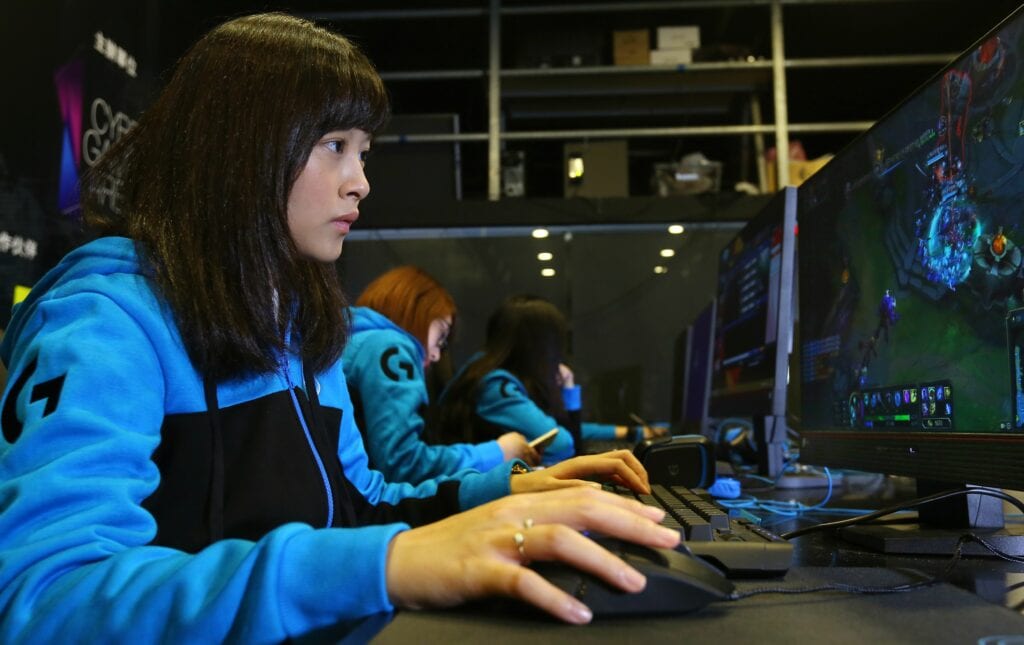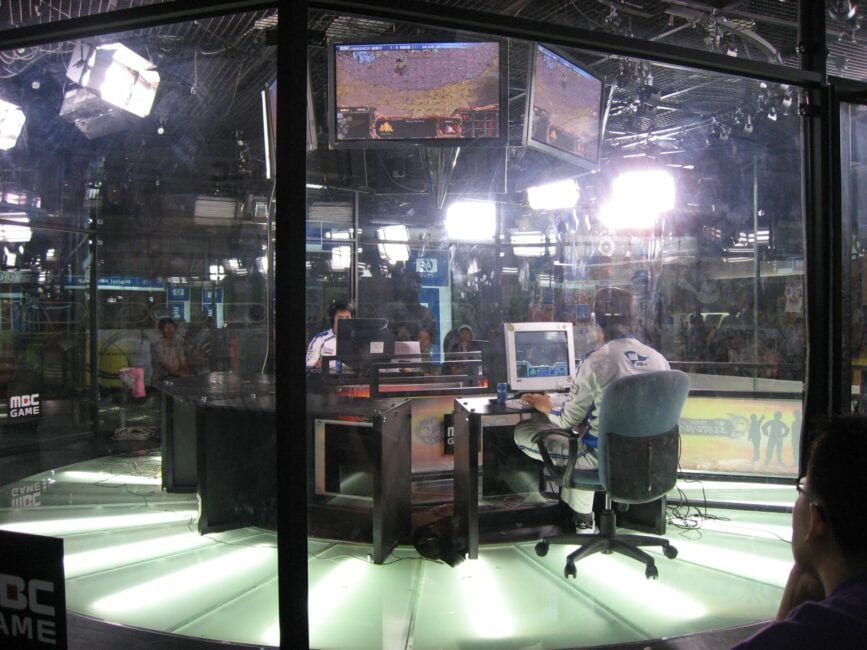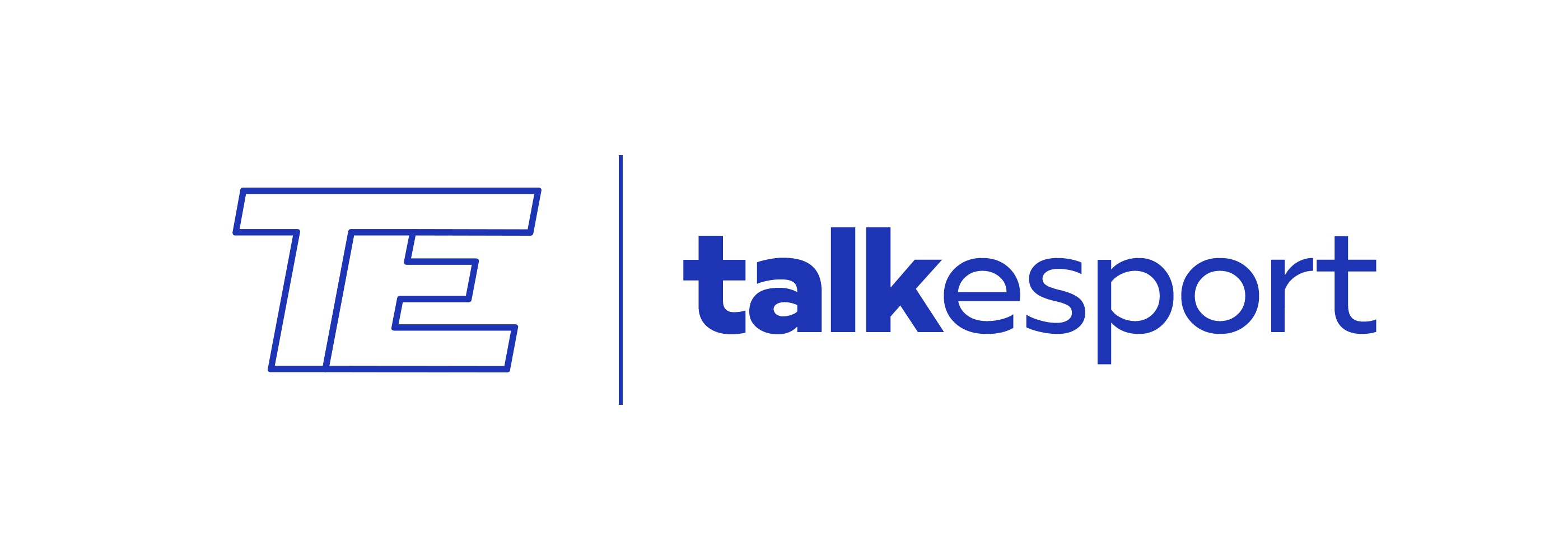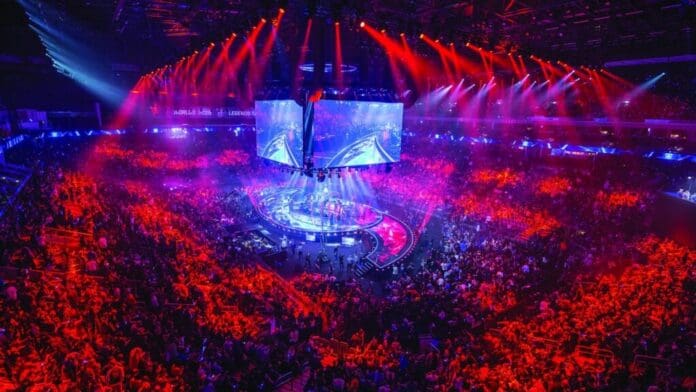Esports is a rapidly growing industry and more people are participating and generally getting involved daily. In terms of registered players, games such as League of Legends (LoL) peaked at around 67 million in June 2015 according to Statista, whilst titles like DOTA2 and CS:GO continue to rake in large numbers in terms of attendance at their events.
A report by eSports Marketing showed that LoL Worlds 2015 tallied more than 36 million unique viewers, while The International 2015 peaked at more than 4.6 million concurrent viewers.

They are numerous multiplayer online battle arena or MOBA games which became immensely popular after the success of the first Defense of the Ancients or DOTA that was a modded map integrated into the original Warcraft game. The theme is primarily fantasy, involving legends, folklore and mythical creatures such as elves, undead, and fairies.
Fantasy, of course, is a recurring theme in video games from hardcore dungeon crawlers like the Diablo series which features characters such as druids and demons all the way to casual titles like Pixies of the Forest which features fairies. Mysterious places, interesting stories, and magical beings let people imagine all sorts of things.
The combination of an appealing theme and solid game mechanics works well for many players. That said, LoL and DOTA2 are just two of the most popular eSports titles today.
So why does eSports get so much hype?
It’s dynamic
There’s not one stable, foolproof way to play eSports. There may be tried and tested tactics, but then again your opponent could have a trick up their sleeve which you didn’t anticipate. The battlefields and strategies are dynamic. Different moves and styles of teamwork get concocted by gamers all around the world for them to emerge victoriously.
Characteristics such as these can also apply to players themselves. The stereotypical view of a basement-dwelling, jobless nerd or anti-social player has now been quashed as eSports has grown into an uber cool pursuit. In fact, ESPN found that in the US alone, over 50% of eSports fans have full-time jobs and more than 40% of that figure is made up of parents.

Some professional teams also seek assistance from traditional athletes and fitness coaches to help them train and workout, given that to play better, you need to have not only a well-conditioned mind but a healthy body as well.
It’s unpredictable
Due to eSports being dynamic as mentioned above, you really can’t be sure how a game would turn out. DotaBlast showed one good example, which was when two-time Major champions, OG, got eliminated early on in the recently held The International 2016. This unpredictability stirs up emotions in the games: excitement, joy, heartbreaks, frustrations, and more.
It’s accessible
Regardless of whether you’re a hardcore gamer or a casual fan and viewer, eSports games are accessible anytime, anywhere. You don’t necessarily have to leave the comfort of your home to get in on the action, with the exception of participating in professional tournaments and attending events.
It’s rewarding
Considering the global community of eSports, there are now several companies investing in advertisements, promotions, and sponsorships. From this much support, prize money in major tournaments gets bumped up into the millions. DOTA2 clubs like Evil Geniuses for instance amassed almost $9 million in prize money last year, with their captain Peter “ppd” Dager receiving over $1.7 million. The allure of doing what you love, and earning a ton amount of money in the process, is simply irresistible to many.
All in all, eSports has a combination of factors that led it to be one of the most watched and participated activities in the world today. The good news is, all of this has only just begun in the past few years and the industry is booming which means it’s safe to say the hype will not die down for a pretty long time.


